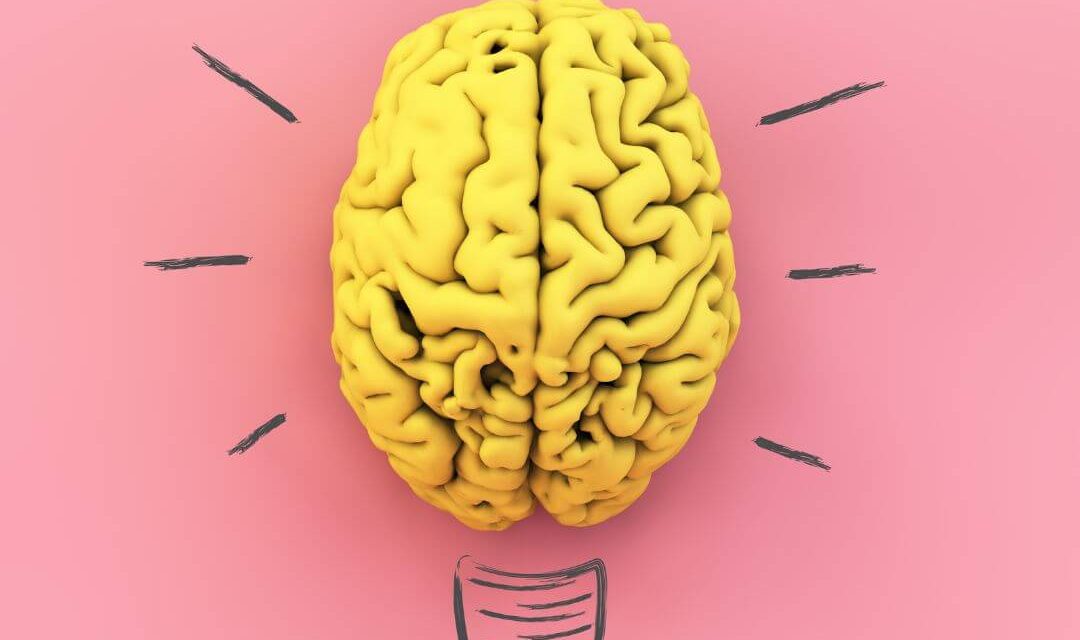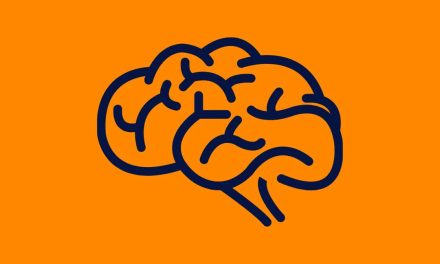
Three Proven Ways to Make Your Brain Sharper

Your brain is the most important organ in your body, but it can fool you if you are not careful. For example, have you ever experienced difficulties focusing and think some days creatively? Or have you ever experienced working non-stop the whole day and still not finishing the task you are set to do?
This is your brain sending you signals about what it needs. The brain always has the best intentions for you, but its desires and needs do not always match what you would like to use it for. Luckily I am here to tell you that it can be trained to be sharper.
In this article, I will share three proven ways that you can use to be more efficient, more creative, and more focused in everyday life.
1. Take Micro and Mini Breaks
When you take a break, the brain will have the time to digest information, make new relations, and clean up what it has been filled with. Therefore, you need to take many short breaks, even when you feel you are too busy for it.
Think of your brain as a reservoir of attention. When you work for a long time, you empty your reservoir and find it difficult to concentrate. It would be best if you took a break to refill it. The longer you wait, the longer it takes to fill it up. When your thoughts start to wander away, or when you have to read a sentence several times to understand it, your brain gives you a signal that you need a break.
How to Take Micro and Mini Breaks?
A micro-break lasts 15 to 30 seconds. Take a micro-break every ten minutes and check if you have started showing signs of mental fatigue. Take a deep breath for few times. If you are sitting at a computer, look away from the screen and blink few times. If you still feel fresh and sharp, continue the work and check again in ten minutes. If you feel tired and confused, take a break:
A mini-break lasts between two and five minutes. A good rule of thumb is to take a mini-break at least once an hour. It’s a good idea that you move during this time: Get up from your chair, get a cup of coffee, or go to the toilet. Take deep breaths all the way down into your stomach, stretch, and relax your body. Pay attention to how your body feels.
Be careful not to take false breaks, for example, by checking your work e-mail during your break. It is best if you think of something completely different than work during your mini-break.
Tips to Get Started
Choose a day where you take micro-breaks every ten minutes. I would like you to register when you feel you are mentally tired. Don’t register it because you want to but because you are consciously checking the state of your brain.
You will get a lot out of taking micro and mini-breaks at regular intervals during your day, especially if you are at work, but start small with micro-breaks for a day, and you will notice how much more you accomplish when you stay fresh all day.
2. Take Advantage of Your Natural Brain Flow
The brain’s ability to learn new things, be creative and store information increases and decreases during the day. Most people can concentrate best during the morning hours, but for others, they concentrate better later during the day. When you utilize your brain’s natural flow, you get a lot more out of your time and manage your tasks better and faster.
How to Take Advantage of The Flow of Your Brain?
Identify the period of the day when you usually concentrate best and reserve that time for your most demanding tasks. For example, if you are most clear in your head between eight and ten in the morning, this is where you need to book the time for the tasks that require deep focus, creative ideas, or strategic thinking.
Postpone less demanding tasks for later. For example, if you work in an office, resist the temptation to check e-mails when you show up in the morning. If you have to answer e-mails, limit yourself to replying to only one or two critical or urgent messages, and schedule the rest in the afternoon.
Tips to Get Started
Over the next two to three days, notice when during the day you feel mentally most clear. Then, choose a day in the coming week and book two hours in your calendar where you usually feel your brain is clear. Next, write down the tasks you would like to work on and set a reminder to book a new time in your calendar for the most demanding tasks/work.
3. Prioritize by Importance
It may sound obvious that you need to prioritize your tasks according to the importance level, but again here, your brain has its way to play tricks on you. The brain loves to complete a task. So every time you complete a task, your brain secretly creates a little bit of dopamine, making you feel happy and satisfied with your achievement.
The more urgent and manageable a task is, the more your brain will try to persuade you to prioritize it. But, unfortunately, it means that you might end up taking the easy tasks that can be done quickly and delaying the most important and heaviest tasks to the last minute.
How to Prioritize by Importance
It would be best if you practiced being aware that long-term tasks are often the most important tasks. Start each day by categorizing all of your tasks by answering the following two questions:
- Is this task critical, or is it less important?
- Is the task urgent, or can it wait until later?
Give priority to the tasks that are important and urgent and to the tasks that important but less urgent. Remind yourself and your brain why these tasks should be on high priority. Visualize the result and take note of how good it feels once you get them completed. If you have time to spare, you can spend it on urgent tasks but not so important. Consider postponing or completely removing tasks that are neither important nor urgent.
Get Started
Start the next three days by spending five minutes categorizing your tasks. Then, work every day on at least one task that is important but not urgent.
You can expand the exercise with a priority list next week, next month, or even further ahead. Write down the most important tasks and projects and update the list once a week.
Conclusion
Our brain is a marvelous thing. It is a product of evolution, and through centuries, it has allowed humankind to achieve advancements in science, knowledge, art, and technology in very astonishing ways. Without a doubt, our brain’s capacity to think, reason, plan, invent, and create is immense.
Like with any other part of our body, we can train the brain to be sharper if we are conscious about what is happening and what we would like to achieve.
I have personally used these training techniques to make my brain sharper to deliver on everyday challenges in my demanding job. I was so surprised at how much more I could achieve by doing so, and I am sure that you will also achieve amazing things if you follow these practices.


























Subscribe to My Newsletter
Get exclusive tips and news that I only share with my e-mail subscribers
You have Successfully Subscribed!